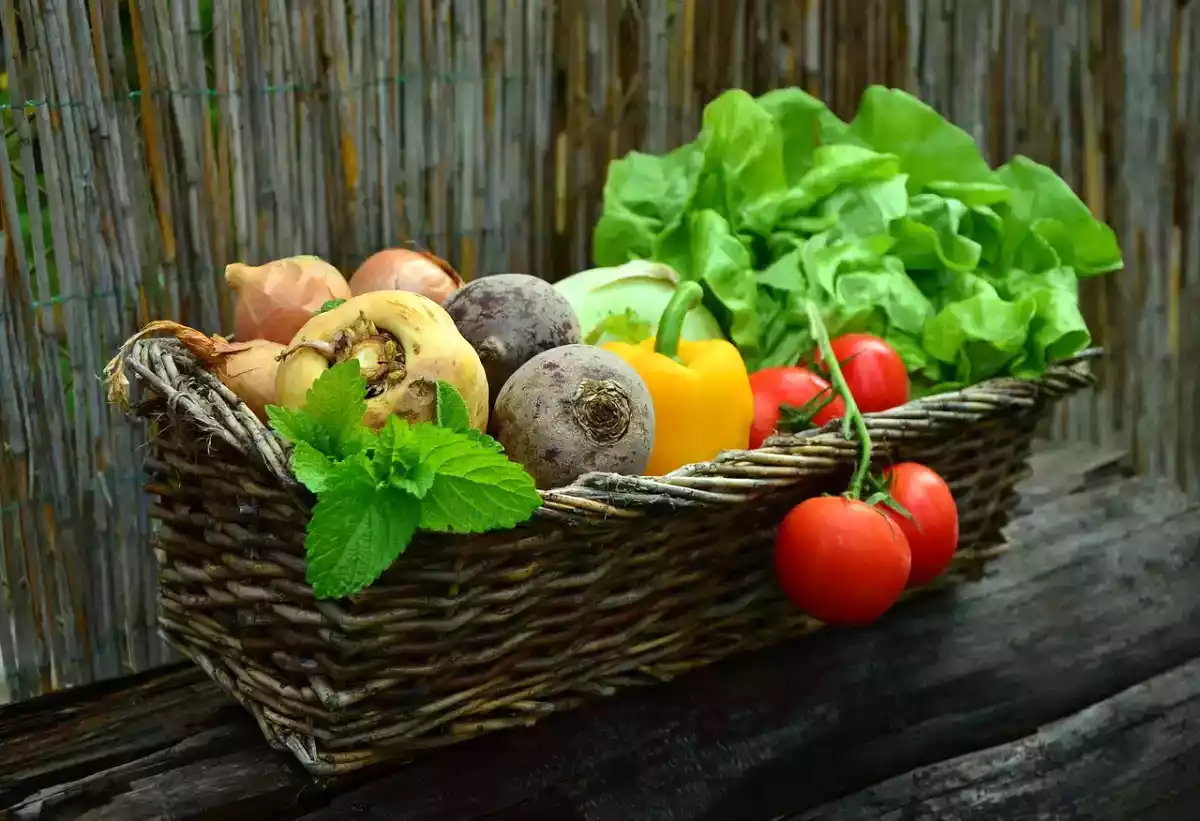Vegetarianism, veganism: is it really safe for your body and your well-being?

The ever-popular vegetarian and vegan diets are intriguing for their particularities and health implications. But can they really be adopted without risk? Let's decipher their specific features, benefits, possible dangers and advice on how to follow them with complete peace of mind!
Vegetarian, vegan, veganism: what are the differences?
- Vegetarian diet: Excludes meat, fish and seafood, but often includes eggs, dairy products and honey.
- Vegan diet: More strict, excludes all animal products, including eggs, dairy and honey.
- Veganism: Beyond the plate, this is a lifestyle that bans all animal exploitation (clothing, cosmetics, etc.).
Is it possible to be vegetarian and stay healthy at the same time?
- The benefits of a vegetarian diet
A well-balanced vegetarian diet can bring many benefits:
- Rich in fiber: thanks to fruits, vegetables, whole grains and legumes.
- Reduced saturated fats: By limiting meat products.
- Disease prevention: Some studies show a positive impact on the risk of cardiovascular disease, diabetes and even certain cancers.
- Beware of deficiencies
However, excluding certain foods can lead to deficiencies, including :
- Protein: Replace with legumes, whole grains, eggs or dairy products.
- Iron: Found in green vegetables, lentils or nuts (combined with a source of vitamin C for better absorption).
- Vitamin B12: Essential for red blood cells and the nervous system, it is absent in plants. Consider supplementing if necessary.
What about veganism?
- A more demanding diet
The vegan diet, by excluding all animal products, requires extra vigilance. Without careful planning, it can lead to deficiencies in :
- Vitamin B12: Indispensable for vegans, it must be taken as a dietary supplement.
- Calcium and vitamin D: Present in dairy products, they are essential for bones. Consider fortified vegetable drinks or green vegetables such as kale.
- Omega-3: Compensate with flaxseeds, walnuts or oils rich in fatty acids.
- Suitable for everyone?
The vegan diet is not recommended for certain populations without appropriate medical supervision:
- Pregnant women : Additional intakes of B12, iron and other nutrients are often required.
- Children and adolescents: Their high nutritional requirements make this diet complex to balance without support.
- Elderly: To avoid the risk of malnutrition.
Our tips for a balanced diet
- Combine foods: Combining cereals (rice, wheat) and legumes (lentils, chickpeas) guarantees an optimal supply of essential amino acids.
- Fill up on fruit and vegetables: Rich in fibre, antioxidants and vitamins.
- Plan your meals: Preparing your menus in advance reduces the risk of imbalance.
- Consult a professional: A doctor or dietician can help you avoid deficiencies.
Eating veggie: good for your health and the planet?
Reducing your consumption of animal products can have ecological benefits, notably by limiting greenhouse gas emissions. That said, beware of commercial processed vegetarian or vegan products: some may be high in salt, sugar or additives. Go for homemade products and check the labels!
Find out more:
Some vegetarian and vegan recipe ideas :
For a delicious and varied diet!

Jar salad: our easy-to-make vegetarian version

Vegetarian stew

Vegetarian enchiladas

Vegetarian tagine with seitan

Chickpea curry, the super gourmet vegan recipe

Gyros with halloumi, a vegetarian version of the greek sandwich!

Vegetarian lentil tacos

Vegetarian gratin with butternut squash, parmesan and mozzarella - pumpkin parmigiana

Vegan malai kofta: chickpea balls with tomato sauce
 Adèle Peyches
Adèle Peyches


Comments